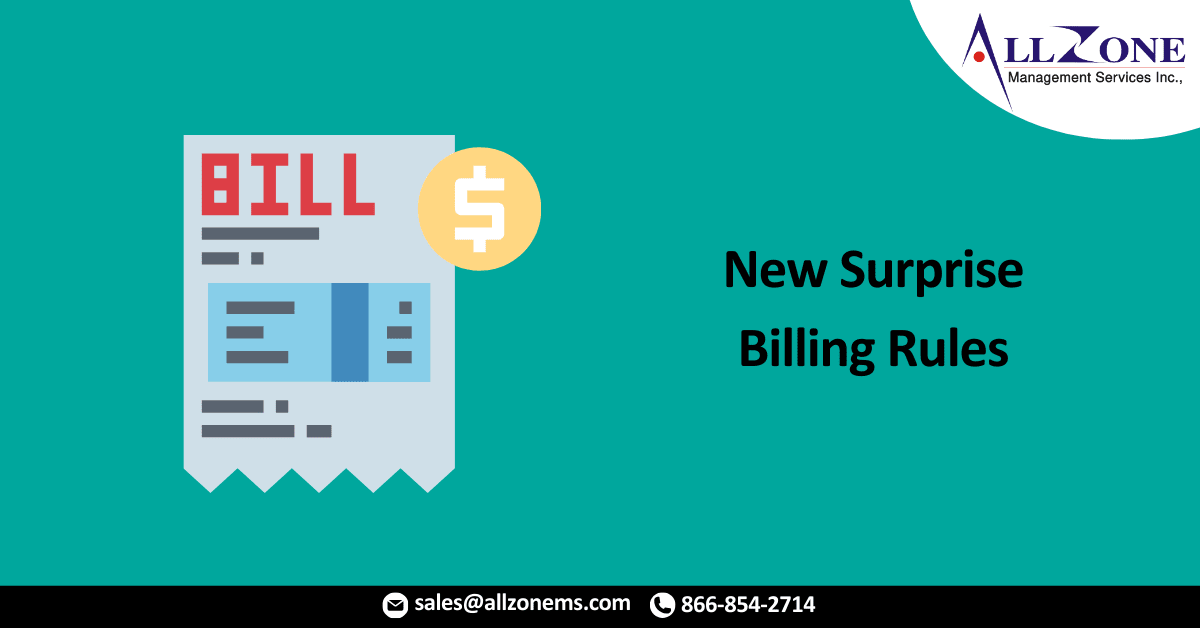Starting January 1, 2022, healthcare providers will be subject to a new surprise billing law that makes it illegal for providers to bill patients more than in-network cost-sharing for out-of-network services and establishes an arbitration process to resolve unexpected out-of-network charges.
The law, the No Surprises Act, was passed in December 2020 as part of the omnibus spending bill and comes as a long-awaited solution for surprise medical bills. The new rules for unexpected out-of-network charges will have major implications for healthcare providers.
Under the new law, for example, if a patient receives care at an in-network hospital but an out-of-network anesthesiologist assists with care, the patient will only pay the in-network cost-sharing amount for that service, PwC’s Health Research Institute (HRI) explains in a new report.
“The payer and the provider would have 30 days to negotiate a settlement before moving to arbitration,” the report adds.
The “final-offer” arbitration process represents a significant workflow change for providers and payers, who will each need to make an offer to an independent third party to resolve the surprise billing dispute. The third-party arbitrator will then select one of the offers as binding, taking into account median in-network contracted rates, patient acuity, and other factors.
“The losing side is responsible for paying administrative costs, which may influence when organizations decide to pursue arbitration, as payers and providers are loath to increase those parts of their budgets,” HRI stated.
Providers and payers will also need to consider their operational readiness for the law, consumer outreach efforts, and negotiation strategy, HRI adds.
Operational readiness for the surprise billing law includes adding or leveraging analytics capabilities that “drive strategies to avoid balance billing situations,” the report states. Additionally, providers and payers may need to “upskill” their staff to handle new processes and possibly engage external vendors to support the management of arbitration and related administrative functions.
In terms of consumer outreach efforts, providers and payers should consider expanding out-of-network mitigation strategies to prevent surprise billing situations and create a consumer education strategy to bolster knowledge about network and benefits.
The latter strategy is critical to building patient trust, which is a “key element of payer and provider response” to the No Surprises Act, according to HRI.
“As they grow accustomed to retail interactions that focus on stellar customer experience, consumers may expect more clarity around prices,” the report states. “Payer and provider education efforts should focus on adding more of that clarity for consumers, to help build long-term trust that strengthens member and patient relationships.”
Clear communication with patients is also key to meeting the law’s stipulation that patients consent to receiving out-of-network services for more than the in-network cost-sharing due per their insurance plan.
For negotiation strategy, providers and payers should also implement a “data-driven view of the marketplace, powered by newly available pricing data,” HRI recommends. Additionally, providers should consider newly-available price and rate information from recent hospital price transparency rules, which may create new pressures and leverage.
This year, hospitals are required to post online pricing information, including payer-specific negotiated rates, and in 2022, payers will be subject to similar price transparency requirements. The availability of this data can “enhance organizational intelligence on the marketplace and help inform strategies on how to respond to the No Surprises Act,” HRI writes in the report.
Specifically, pricing information can help providers determine when to pursue arbitration, especially since both providers and payers will attempt to use leverage to drive rates up or down, or control networks, according to the report.
For More Information: Key ways providers can prepare for new surprise billing rules

